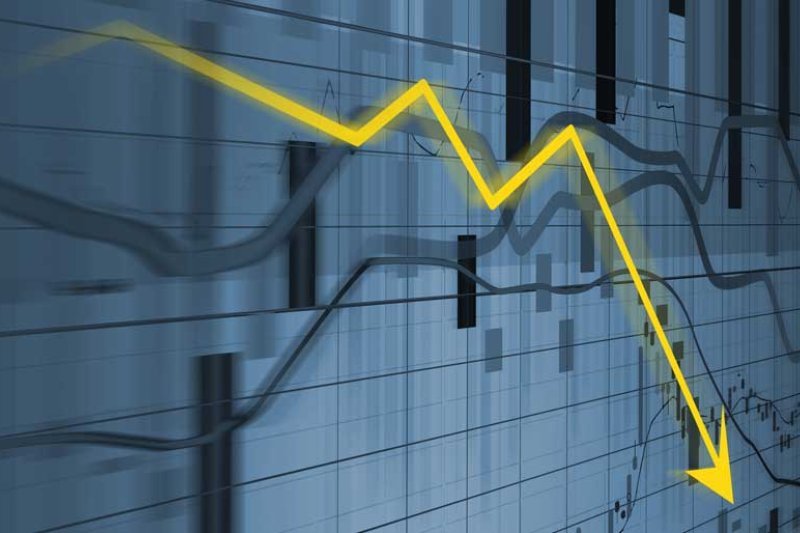EC Lowers Forecast for Albania's Economic Growth
The European Commission, in its spring report, has reduced the forecast for Albania's economic growth to 2.7%, from 3.7% that was expected in the November report last year.
The Commission warns that Albania may face public debt overload due to energy subsidies, while it will be forced to reduce public investment spending.
The review comes in the context of the reduction made for the whole of Europe, as a result of the consequences that the war is bringing on energy prices and inflation.
"For 2022 and 2023, growth in Albania is expected to be 2.7% and 3.1%, respectively, mainly influenced by the impact of the Russian occupation of Ukraine, although only indirectly, as Albania has little direct exposure to both countries. Rising food and energy prices have pushed the government to provide additional support to households and SMEs, and these measures will push for 2023 a significant improvement in government finances," the report said.
"After the strong recovery of most demand components in 2021, expectations for a return to the historical average of over 3% growth have been weakened by the impact of the war on key EU trading partners, supply chains and commodity prices. Uncertainty about the economic effect of these disruptions, along with the possible tightening of financing conditions, is expected to curb the growth of consumption and private investment. Public investment, in particular the completion of post-earthquake reconstruction, will continue to support the economy, but less than planned as public spending of about 1.5% of GDP has been reoriented to subsidize electricity and fuel, as well as increase social support. Low domestic demand is expected to curb import growth. On the other hand, tourism, which depends mainly on regional and EU tourists, is projected to continue to support the growth of exports of services, which is expected to easily turn into a positive contribution of net exports.
Overall, economic growth is projected at 2.7% in 2022 and 3.1% in 2023. This slowdown and wage growth is likely to mitigate employment growth in 2023. However, driven by recent labour shortages, the unemployment rate is expected to fall below 11% until 2023 ”.
The Commission warns that this outlook is subject to negative risks, mainly related to the impact of a steady rise in energy prices, coupled with low production of domestic hydropower plants due to insufficient rainfall, as already seen in the first quarter of 2022. In this case, the electricity import bill in Albania will increase significantly and, in addition to widening the trade deficit, may overload the public budget, which so far has covered the gap between high foreign import prices and regulated prices. interior for households and SMEs.
The commission predicts the country's public finances will remain under pressure. "As a result of high GDP growth and lower public investment than planned, the public deficit and debt ratio was 2 percentage points lower than expected in 2021, despite a Eurobond issue for the pre-financing of 2022. The high cost of subsidies and the increase in social support expected for 2022 will delay a significant deficit reduction, to 2.7% of GDP, by 2023, when the debt ratio is projected to decreases to 70.9% of GDP.













